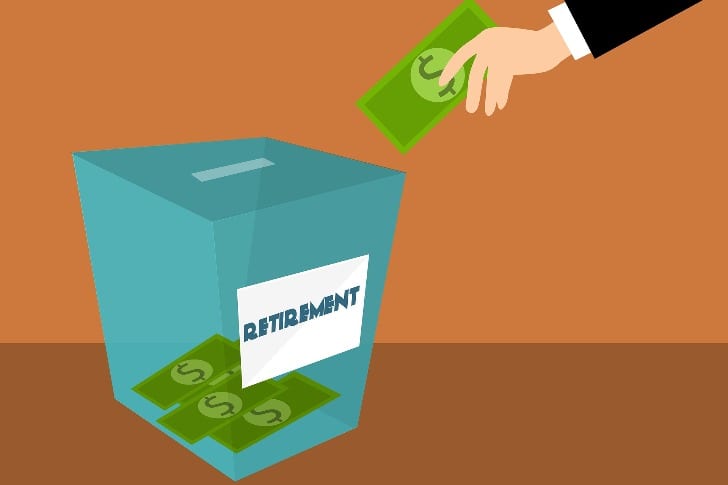
mohamed_hassan/Pixabay: Retirement planning is a popular phenomenon
For many of us, the goal is simple—work hard in early adulthood, accumulate savings, and kickback and enjoy retirement life as early as possible. People begin aggressively planning for their retirement as soon as they begin their careers.
While we understand the temptation – after all, who doesn’t like the idea of not having to slog it at work every day? – there is a case to be made for working an extra couple of years. Have a look at this:
Exhausting Your Savings
While some people have the foresight to set up channels for passive income, most rely on their savings to see them through their later years. You may think you have scrimped and saved enough of your income to lead a comfortable retirement life, but this may not always be the case.
Some expenses, like a sudden health condition, a home robbery, or even a longer-than-expected life expectancy – are completely sudden. The longer you keep working, the more savings you can build up, and the more likely you are to have enough for retirement.
Boredom

RoboAdvisor/Unsplash: Planning your retirement days is vital
There are only so many shows to watch and fishing trips to go on. If you don’t plan the post-retirement time wisely, you run the risk of numbing boredom. Work offers an opportunity to keep you engaged, and gives spaces to socialize.
It also keeps your mind and body active in a way leisurely lounging cannot. Sadly, coming out of retirement is much harder than going into it. So think twice before you rush to hand in the resignation.
Healthcare Costs
In most states, government-mandated healthcare coverage like Medicare kicks in when you turn 65. These provisions may not apply if you retire early. In its place, you might need to apply for private health insurance.

kalhh/Pixabay: Rising healthcare costs can end up taking all your savings
Private insurance can be very pricey, and may not offer comprehensive coverage of your medical needs. Make sure to find a plan that is right for you, and one that hasmonthly payments you can afford.
Retirement Contributions
Most companies offer retirement contributions that correspond to your length of service as well as your age. While it varies from company to company, the majority of these contributions kick in when a person is around 50 and continues until theyreach the retirement age.
If you leave early, you will be missing out on a sizeable amount of funds that could see through your retirement years.
Early retreat is a common goal for many. Before beginning to strive towards it, make sure you take into account all the factors mentioned above. If you are physically and mentally able, working for a longer period of time has undeniable advantages.




